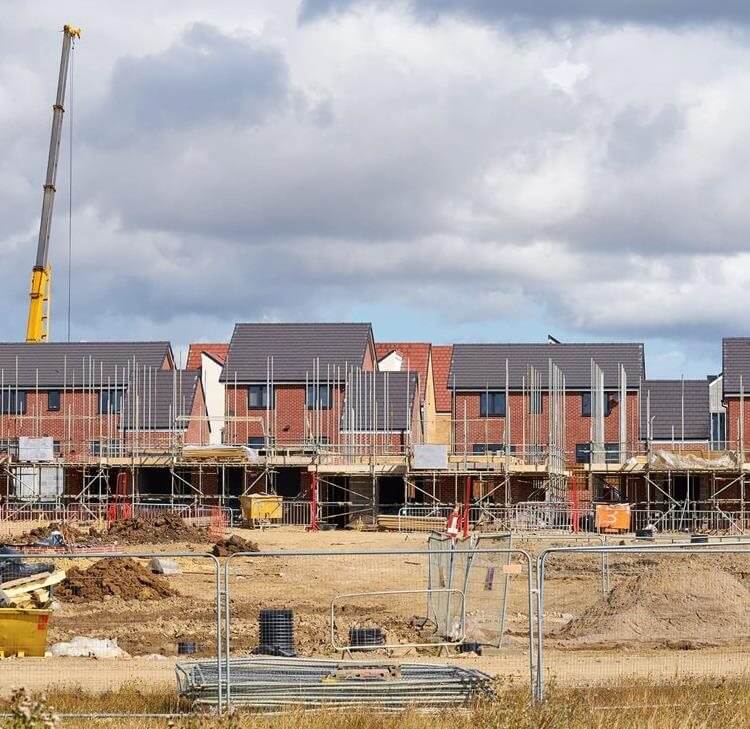It is not unusual for development land to be affected by covenants that limit or restrict its future use. It is however important to take appropriate action to mitigate against the risk of breach of those covenants before development is commenced.
In the recent case of Fosse Urban Projects Ltd v Whyte & Ors [2023] UKUT 286 (LC), the Upper Tribunal was not willing to allow a developer’s application to discharge a restrictive covenant, where the developer had already completed development works in breach of that covenant.
Fosse Urban Projects Ltd v Whyte: What happened?
Fosse Urban Projects (a property developer) owned a piece of land in Norfolk that it intended to build a house on.
On the title to the land, there was a restrictive covenant which prohibited it from being used ‘other than as garden land’ in connection with an ‘adjoining property’. The covenant had been imposed in 1996, when the area that the land was located in was far less developed. Since then, the landscape and character of the local area had evolved. The area had been significantly developed, including to the extent that Fosse’s land had become physically separated from the ‘adjoining property’ that it was to be used as a garden too.
In light of these changes over time to the neighbourhood, Fosse made an application to the Upper Tribunal pursuant to Section 84 of the Law of Property Act 1925. It sought to have the restrictive covenant discharged on grounds that:
- The development of the area since 1996 rendered the covenant obsolete
- The covenant impeded the reasonable use of the land
- The discharge would cause no harm to the neighbours, who had the benefit of the covenant.
Whilst awaiting the outcome of the application, Fosse swiftly proceeded with the building works, which were completed before the Tribunal made its decision.
What did the Tribunal decide?
The Tribunal did not look kindly upon Fosse’s ‘build first, apply later’ approach.
Decisions by the Tribunal on whether or not to allow Section 84 applications are determined at its discretion. The Tribunal actually agreed that the first two grounds of Fosse’s application could be validly established. It decided to refuse the application though, due to the ‘cynical’ approach taken by Fosse.
The Tribunal inferred that Fosse had been aware of the restrictive covenant before it had started its building works, but had decided to proceed with them nonetheless. The works were carried out in clear and deliberate breach of the covenant, in a gamble by Fosse that there would be no objection by its neighbours. (As it happened, the neighbours did object to the building works, on the basis that they obstructed the view from their neighbouring homes).
The Tribunal’s decision to refuse Fosse’s application is consistent with the approach taken by the Supreme Court in the 2020 decision of Alexander Devine Children’s Trust v Housing Solutions Ltd, where (similarly) a housing developer had applied to the Tribunal to modify a restrictive covenant after commencing works in breach of it. In that case, the Supreme Court held that a ‘cynical breach of covenant’ by an applicant is a relevant factor for the Upper Tribunal to take into account when exercising its discretion on a Section 84 application.
The outcome for Fosse, then, is that the 1996 covenant is still valid and enforceable, and may well be enforced against Fosse in further action by its objecting neighbours.
What can we learn from the case?
Whether you are intending to develop land that you already own or to acquire new land for development, it is crucial that you carry out thorough due diligence on the title to the site and factor sufficient time into your pre-construction programme for the proper resolution of any development constraints that are identified.
If your development site is subject to restrictive covenants – always seek legal advice. There are various ways of mitigating problematic covenants on title, but as the case demonstrates, commencing works in deliberate breach of a covenant can be highly detrimental to this (and can leave you exposed to enforcement action by those with the benefit of the covenant).
The importance of due diligence is hardly breaking news, but the Fosse case provides a warning to developers of the repercussions that they may face where title risks are not managed properly.










































